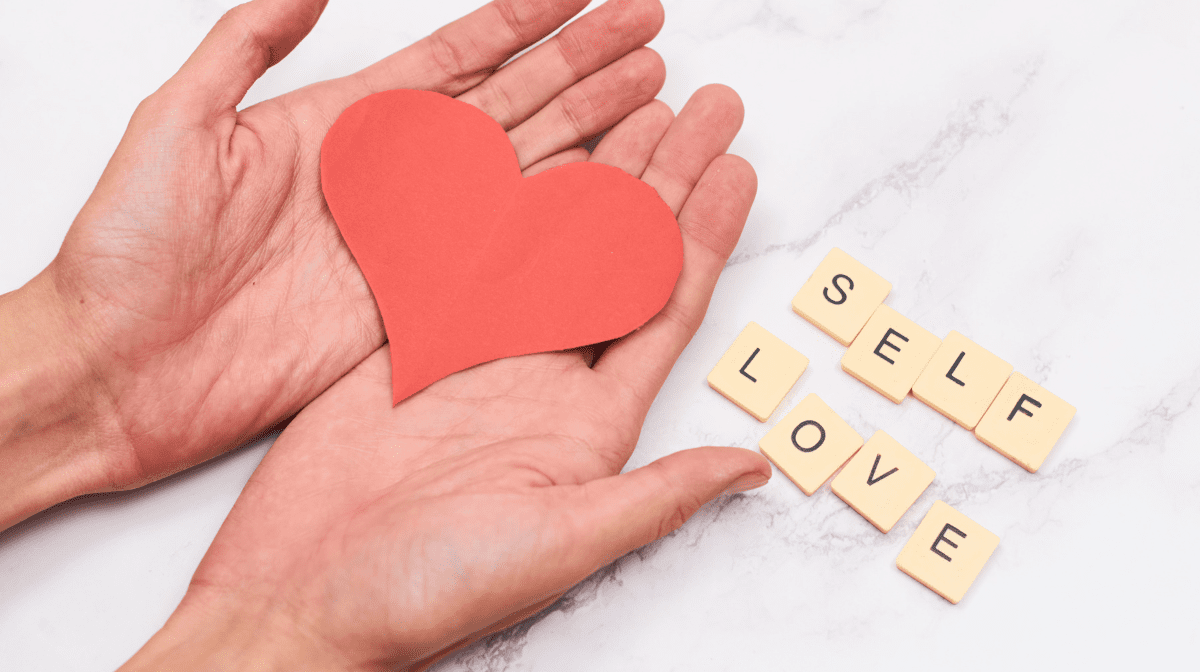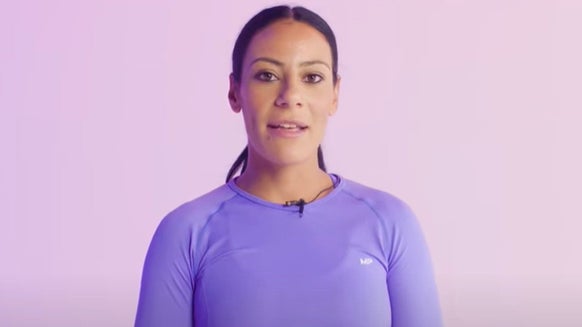
Many have the goal of weight loss, whether it be for health or purely aesthetic purposes, but losing weight is often not as simple as it seems.
Everyone has a different body type and some may find it significantly easier to shed pounds than others. When you begin a weight loss plan, it's completely normal to have some setbacks. The issue is when people fall short, they blame themselves and can easily become discouraged.
Although self-discipline is an important aspect of achieving your weight loss goals, new research shows that it may be just as important to be kind to yourself.
The Study
A new study from the Center for Weight, Eating, and Lifestyle Sciences (WELL Center) in Drexel University's College of Arts and Sciences looked at the influence self-compassion has over setbacks in diet plans, and if reframing a lapse in discipline can help people better stay on track and achieve their goals.1
Dietary lapses not only cause you to consume more calories, but can often lead people to stop putting in as much effort toward their weight loss goals, or even completely abandon them. This is because people tend to feel demoralized when they fail.1
Studies show that dietary setbacks can be very upsetting to those trying to lose weight, triggering feelings of guilt and failure.1
So, in the WELL Center study, researchers wanted to see if replacing feelings of guilt and shame with self-compassion after dietary setbacks can make a difference when it comes to achieving your goals.
Researchers also evaluated whether the different components of self-compassion can individually influence your reaction to dietary setbacks.
They break down self-compassion into three major parts:
Self-kindness: Treating yourself gently when struggling, like you would a friend Common Humanity: The understanding that everyone has struggles and that no one is perfect Mindfulness: Non-judgmental awareness of thoughts and feelings without overthinking them
The researchers studied the influence of self-compassion on different outcomes of a diet lapse including a general negative effect, the likelihood of repeating the lapse in the same day, and a person's perceived control over weight management behaviours in the hours after the lapse.
The Results
The results of the study showed that total self-compassion, along with each individual component, were all linked to a less negative outcome after a diet lapse.
Greater self-compassion and kindness were associated with a greater perceived sense of self-control over weight-loss behaviours during the few hours after a lapse.
Overall, the results indicate that having self-compassion after dieting setbacks may prevent disengaging from your goals and that self-kindness is the factor most strongly connected to productive and resilient responses to these setbacks.
Take Home Message
Losing weight in today's world can be a difficult journey filled with ups and downs. You may think you need to be hard on yourself to see results, but the latest research proves the opposite.
When dealing with setbacks in your diet, it's best to have an approach of self-compassion. Being kind to yourself will make this challenge a little bit easier, and motivate you to keep going.
So, if weight loss is your goal, remember to treat yourself the way you would a friend or loved one when you fail. One failure does not define you and it is always possible to get back up and achieve your goals. You got this.
READ THESE NEXT:

Tips for Staying Fit While Working a 9-5
Working full-time doesn't mean you have to sacrifice your fitness goals....

Study Shows Social Media Triggers Stress & Unhappiness
Don't let social media drag you down....

Why You Should Join a Gym This Winter
The new year is upon us and it's the perfect time to get down to the gym....
A Rutgers University Honors graduate, Jamie grew up on the Jersey shore and double majored in Comparative Literature and Anthropology in college. Jamie is an experienced writer in the health and wellness, biotech, and eCommerce fields. She loves writing with a purpose and has even written for the Department of Justice.
Jamie became drawn to exercise during her time in university and began to notice the physical and mental benefits of moving your body daily. Today, Jamie enjoys Pilates, light weight training, and going on long walks in nature daily.
Jamie is also passionate about eating right and prioritizing gut health and immunity. She is always trying the next innovation in health and wellness. When she’s not writing articles, Jamie enjoys reading, playing guitar, and finding dogs to play with.
- Drexel University. “Can practicing self-compassion help people achieve weight loss goals?.” ScienceDaily. ScienceDaily, 25 January 2024. <www.sciencedaily.com
/ releases / 2024 / 01 / 240125150027.htm>.











